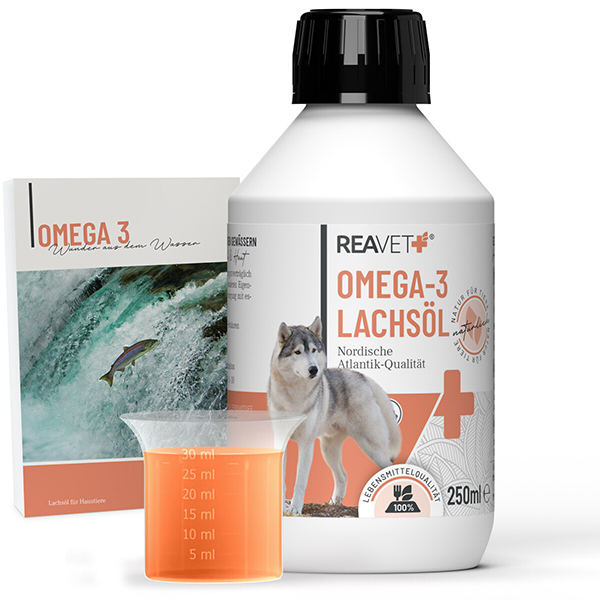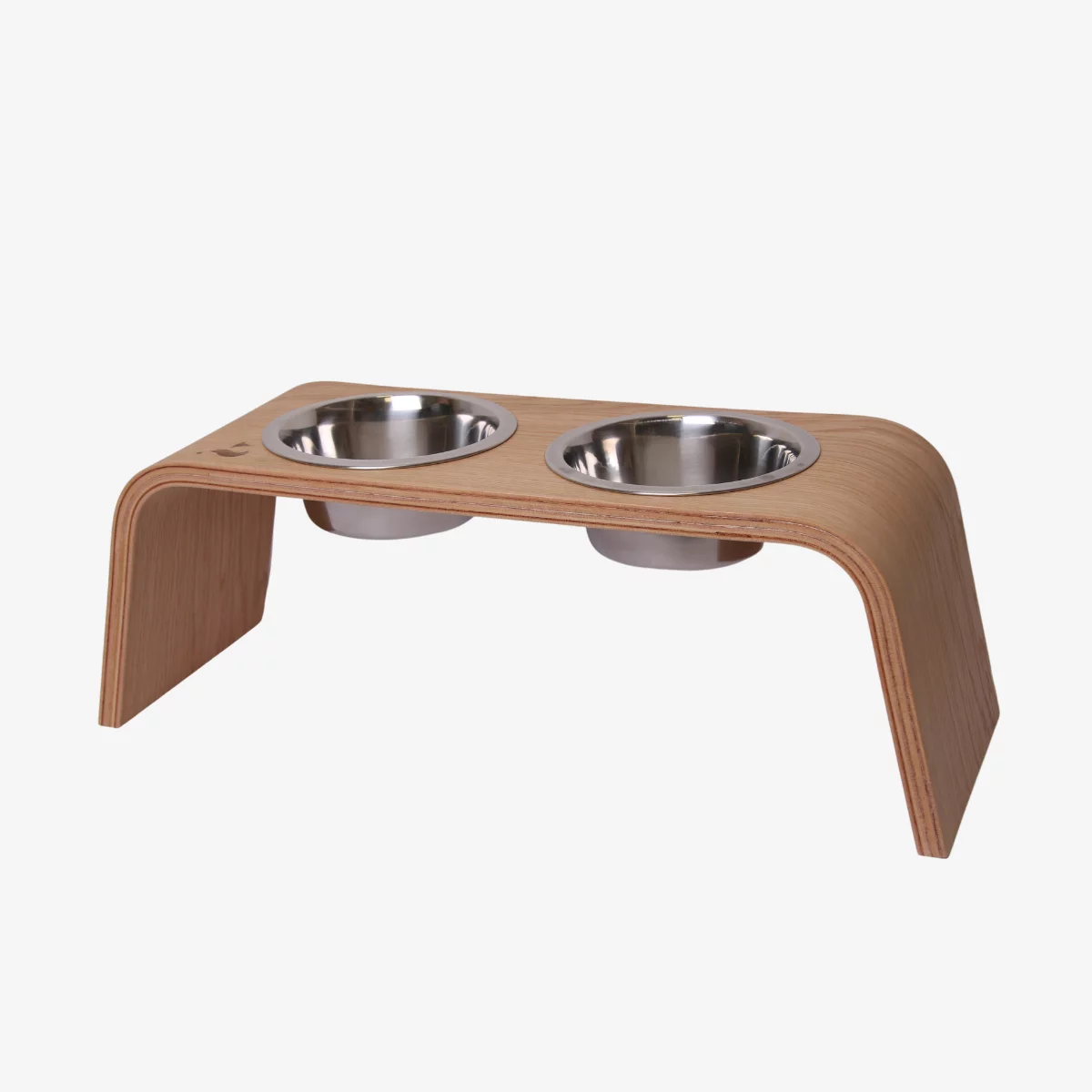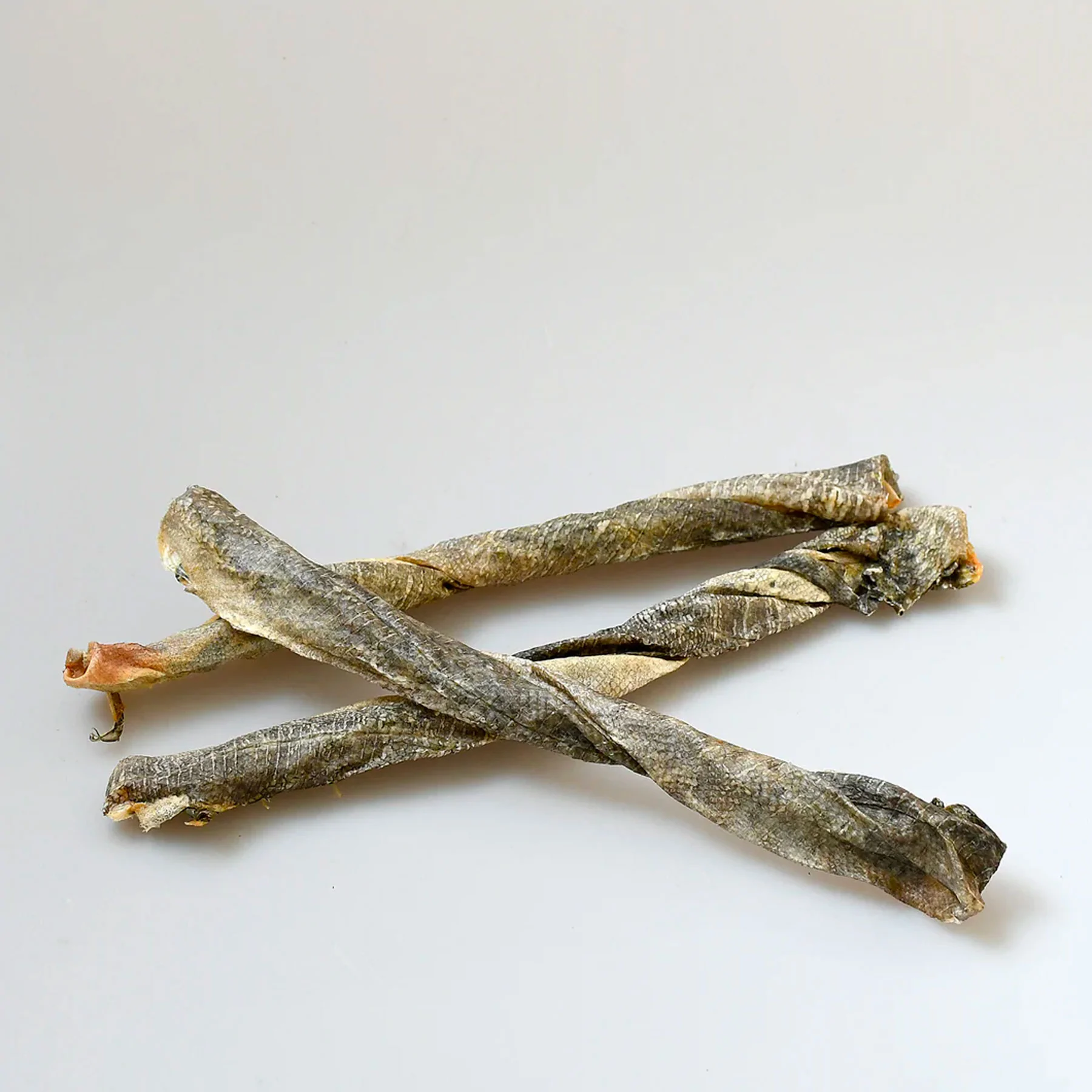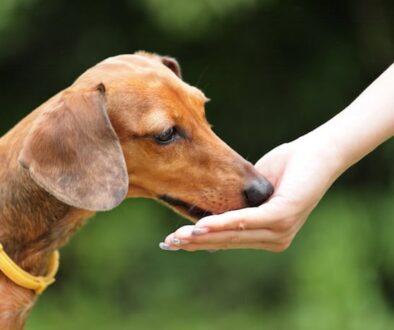Puppy Essentials – Welcoming a New Family Member
Puppy Essentials – Preparing for Your New Whippet’s Arrival
The arrival of a puppy into your home is not only an endless source of joy but also a great responsibility. To ensure a smooth adaptation, it’s important to be prepared in advance. In this article, we’ll cover the key things that new whippet puppy owners should take care of.
Nutrition for Whippet Puppies
Most breeders will recommend the right food for your whippet puppy, but it’s important for owners to understand the basic principles of dog nutrition, such as RAW and BARF diets, and learn how to properly balance their puppy’s meals. A dog’s diet is influenced by their breed, age, and growth stage. There’s no one-size-fits-all food that suits every breed and meets all growth requirements.
Debate often arises about whether dogs are carnivores or omnivores. Advocates of the RAW diet argue that dogs are carnivores, while BARF supporters believe they are omnivores.
There is no „One-Size-Fits-All” Diet
There’s no definitive answer, but it’s likely that dogs can be considered adaptable carnivores—they thrive on raw meat but can adjust to other feeding methods. Even within the same breed, dogs can have different eating habits, even when raised in identical environments.
The key is to ensure the food contains high-quality animal-based proteins, preferably from meat or fish. A dog’s digestive system is shorter than that of herbivores, making it easier for them to absorb animal-based proteins. Carbohydrates in dog food should be in an easily digestible form, providing energy and aiding in digestive health. The most important thing is to ensure the carbohydrates come from ingredients that don’t cause allergies in your dog.
Fat content should also be included in the food, though often insufficient, so you may need to supplement with omega-3 sources. Since dogs live indoors and can’t obtain vitamins and minerals from hunting or eating plants and berries, it’s essential to provide natural vitamins and minerals.
Supplements for Whippet Puppies
Essential nutrients like omega-3 fatty acids, calcium, and vitamins (such as D and E) are important for overall health, immune system function, and proper bone development in puppies. It’s recommended to consult a veterinarian or pet nutritionist to understand your whippet puppy’s specific nutritional needs based on their breed and size. Remember that adding supplements to a puppy’s diet provides a solid foundation for future health, but it’s crucial that supplements are administered under professional guidance to avoid overdosage. Supplement dosages should be tailored to meet your puppy’s individual needs.
You can find a specialized store for dog supplements here.
Stainless Steel Bowls for Puppies – Essential in Your Puppy Essentials Kit
At first glance, choosing a dog bowl might seem simple, but without proper research, you may end up needing to replace them. It’s essential to understand the key features of bowls made from different materials and the types available.
Materials
Stainless Steel Bowls
Stainless steel bowls are the best option to prevent rapid bacteria growth. They are durable, affordable, and easy to clean — many can even be washed in a dishwasher.
Ceramic Bowls
Ceramic bowls are sturdy and long-lasting, often featuring an elegant design. However, they are more challenging to maintain, as high temperatures during washing can cause cracks, which harbor bacteria. Ceramic bowls tend to be more expensive than stainless steel options.
Plastic Bowls
Plastic bowls are lightweight, inexpensive, and easy to care for. However, plastic is the least resistant to bacteria, which can accumulate quickly. Additionally, plastic bowls are not ideal for pets that tend to chew, as they may be unsafe. They also scratch easily, which reduces their visual appeal and may necessitate more frequent replacements.
Bowl Types
Standard Bowls
These low-profile bowls are ideal for small to medium breeds. When choosing a bowl, consider the size and material. Standard bowls are a great fit for Whippet puppies, but as your puppy grows, you may want to opt for a bowl with a stand.
Bowls with Stands
Perfect for larger breeds, bowls with stands prevent pets from bending down too much while eating. The height of the stand can vary, so it’s important to choose one that fits your dog’s height. We recommend medium-height bowls with stands for Whippets.
Slow Feeding Bowls
If your dog tends to gulp down food quickly, a slow-feeding bowl can help slow the eating process. These bowls usually feature grooves that make it harder for your dog to gulp their food.
Bowls with Silicone Bases
The best option for dogs who move their bowls around while eating. If you have a larger breed, ensure that the bowls are stable, non-slip, and easy for your dog to access.
Travel Bowls
Designed for trips with your pet, travel bowls are made of silicone and are collapsible, making them convenient for storage and travel.
Cozy Dog Bed – A Comfortable Spot for Your Puppy
Just like humans, puppies need a safe space where they can relax and rest. There are various types of dog beds to choose from, each offering unique benefits.
When your puppy is young, it’s best to go for a simple bed that meets their basic needs. However, as your dog grows, it’s worth investing in a more comfortable bed tailored to your puppy’s breed and specific needs.
Whippet Favorites: Cave Beds
For Whippets, cave beds are particularly popular. These beds allow your dog to burrow, hide, and snuggle up to stay warm. Whippets, with their sleek bodies and need for warmth, appreciate the comfort of a cave-style bed.
Invest in a cozy, breed-appropriate dog bed to ensure your puppy enjoys a restful sleep, both now and as they grow into an adult.
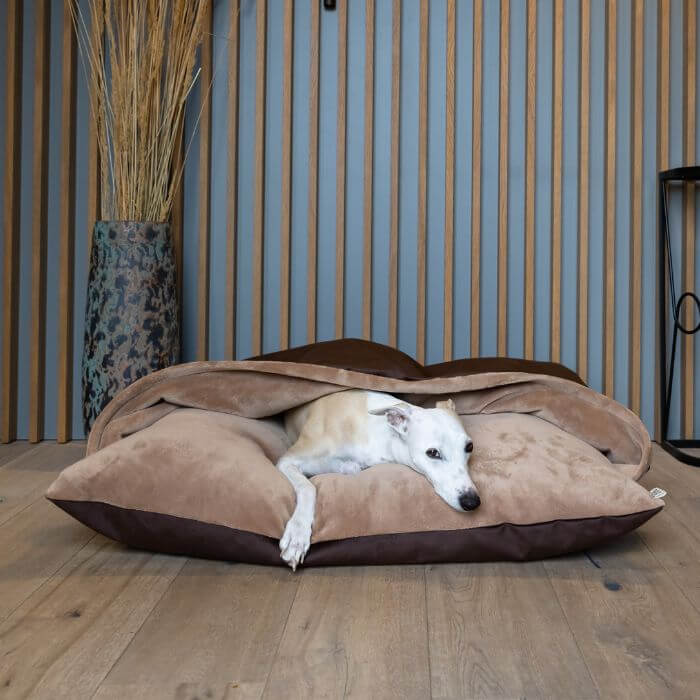
Grooming Tools for Your Puppy’s Essentials
For regular care of a Whippet, essential grooming tools include nail clippers, dental care products, and a gentle shampoo if you plan to bathe your dog. However, Whippets are naturally clean dogs, so frequent bathing is usually unnecessary.
Training Supplies for Your Puppy
Training is crucial for puppies starting from around 3 months of age. Be sure to buy age-appropriate treats for training, as well as a leash and collar suitable for walks and training sessions. Don’t forget to have chew toys to satisfy your puppy’s natural urge to chew, which also helps ease the teething process.
The Most Important Puppy Need: Your Time and Patience
Above all, your puppy’s greatest need is your time and patience. Building a strong bond with your pet takes time, so be prepared to invest in training, play, and other ways to spend quality time together. Properly preparing for the arrival of your new family member will help you avoid unnecessary stress and mistakes that could impact your puppy’s future life and your relationship with them.
Follow us on Instagram.
